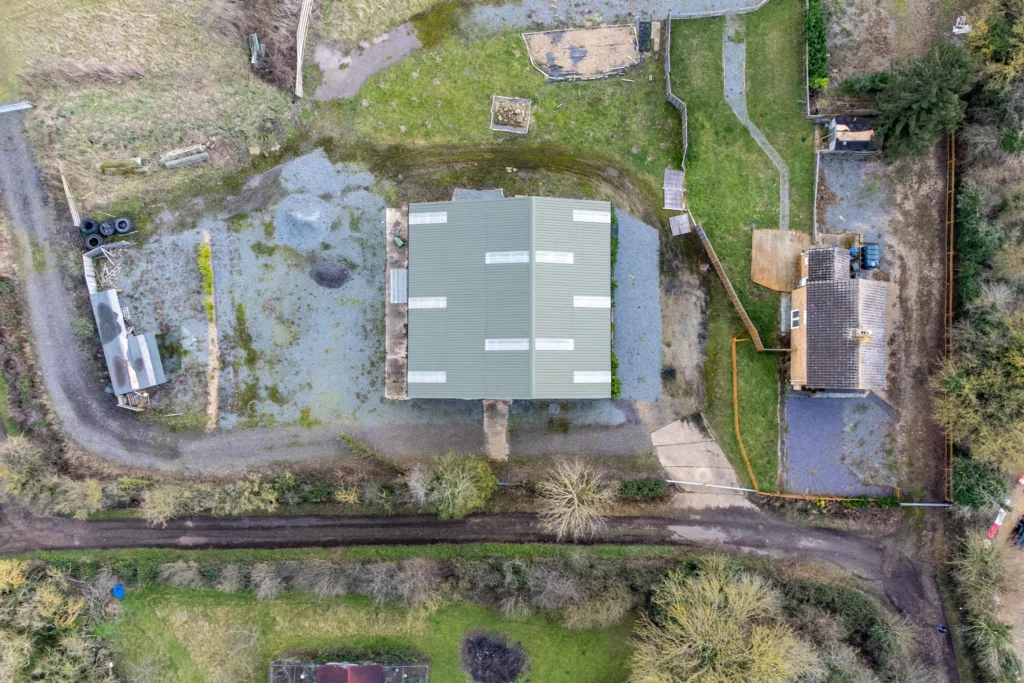Labour leader Dennis Jones believes he has found the cash to keep the city’s art deco 89-year-old Peterborough Lido open. Once known as the Corporation Swimming Pool, the Lido, adjacent to the River Nene, costs £120,000 a year to run; originally it was claimed to cost £400,000 a year to keep it open.
Cllr Jones said: “Peterborough doesn’t have any other swimming facilities in the centre of the city, and it is vital we keep it open, and we have done just that.” He is hoping for cross party support to protect the Lido for the future.
He said Labour had put together a “support package” to keep the Lido open.
Cllr Jones said: “Having taken over the leadership of Peterborough City Council following the elections last May, I and the Labour Cabinet have been fighting to protect local services and community facilities while grappling with the difficult financial situation that the council has been left in.
“We are delighted that we can now confirm plans for the Lido to stay open.

He added: “We will work with the Friends of the Lido, who have been supportive, to keep this wonderful art deco facility open.”
He said that before Christmas, the council released a consultation on its budget including options for savings to “tackle financial shortfalls after years of poor decisions under a Conservative administration – one of these options was to close the Lido.
“Since then, the Labour government has announced increased levels of funding for councils, including Peterborough, with several billions of pounds made available to support councils to deliver key services such as social care”.
https://twitter.com/andrewpakes_/status/1867264348990693414
As a result, he said, Peterborough City Council will be able to balance its budget while maintaining support for the Lido, although tough decisions will still need to be made.
Over 2,500 people signed a petition organised by the city’s Labour MP Andrew Pakes to support the Lido.
Mr Pakes said that one of many things he did was to speak to other Lido operators from across the country “to learn more about how they have invested in and protected local pools”.
Appearing at an impromptu press conference with Cllr Jones today he said the decision to keep the Lido open was welcome news for swimmers and for the city.
“The Lido is an iconic part of city life, and we all need to be working together to keep it open and sustainable for the future,” he said.

“I would like to thank everyone who got in touch about this issue, especially the Friends of the Lido and City of Peterborough Swimming Club.
“This is the difference working together makes. We will continue to fight to protect community facilities and lift up our city.”
Mr Pakes had previously described the Lido as “one of the crown jewels of Peterborough.
“I understand that money is tight after 14 years of underfunding but the proposal from the cross-party working group to shut the pool is unacceptable.
“It would be a great loss to mothball this much-loved community asset. Following the closure of the regional pool last year, the Lido plays an even greater role in the fitness and wellbeing of our city”.
As I reported before Christmas, the city council faces major decisions in many areas if it is to achieve a balanced budget.
Among these is reducing the number of libraries from 10 to 3, handing over two council run leisure centres that form part of joint schools sites (Ken Stimson and Bushfield) and reducing museum and art gallery opening times from 6 days a week to 3 days a week is hardly the stuff of ‘excitement’.
But these are just the tip of a perilous iceberg which moves onto the suggested closure of four loss making cafes at The Lido, Flag Fen, Vivacity Premier Fitness, and the museum and art gallery.

The state of the city’s finances were confirmed in a joint statement put out by Cllr Jones, Cllr John Howard (Peterborough First) and chair of the Financial Sustainability Working Group, and Cllr Wayne Fitzgerald leader of the Conservative Group.
The civic leaders agreed “the Lido has the potential to be an all-year-round facility, but to achieve this requires external funding. This proposal is to mothball the Lido whilst officers work to develop a new vision for the facility and seek to attract external investment”.
Pre-budget setting options are not new and indeed councils have a statutory duty to consult with their residents.
“The goal is achieving financial sustainability which, put simply, means being able to deliver the services that our residents need with the money that we have available each year,” said the statement by the financial sustainability working group.

Appearing at an impromptu press conference with city council leader Cllr Dennis Jones today, MP Andrew Pakes said the decision to keep the Lido open was welcome news for swimmers and for the city. PHOTO for CambsNews: Terry Harris
City finances have been heavily scrutinised in recent years and the council only just steered clear of major Government intervention in 2021 but that did lead to the setting up of an improvement panel with the remit to secure financial stability.
This followed on from two independent reports which revealed that the financial challenges facing the council were “significant and urgent”.
Whilst not quite the perfect storm, the city council accepts that when it set its budget in February 2024, there was a gap of £3m in 2025/26 but “this has increased significantly” because of the demand for services and rising costs not only this year but in the years ahead.
The council says these challenges include:
1: Adult social care service has received 2,580 new requests for support in the past 12 months – 18 per cent more than the previous 12 months.
In addition, it has provided long-term packages of care and support for 467 new people – 17 per cent more than the previous 12 months.
2: Children’s services, a thousand more referrals were received in 2023/24 (3,708), than in the previous year (2,748). These are referrals highlighting concerns about a child.
3: There were 2,636 education, health and care plans (EHCPs) as of March 2024- a 20 per cent increase on last year (2023) and a 39 per cent increase over 5 years. This has an impact on the SEND budget and home to school transport.
4: The number of people coming to the council as homeless has risen by 40 per cent from an average of 51 a week in 2021/22 to 70 a week in 2023/24.
5: The council has over £0.5bn of debt which is the result of funding new roads, schools, regeneration of the city and work on council properties. With interest rates remaining high, this impacts the council’s cost of borrowing.
At the same time, funding from Government and from Council Tax has not kept pace with the increasing demand for the services the council provides.
Some of the cuts, expenditure and savings being considered include:
1: Cease funding two speed cameras. The income generated from the cameras does not come into the council, although the cost to run them does.
2: Ceasing the council’s internal courier service.
3: Reducing the cleaning schedule in the Central Park toilets and the city centre hot wash.
4: Removing the Gladstone lengthsman, and the Itter Park and Central Park winter attendants.
5: Devolving local sports facilities to community groups.
6: Reducing planting at the crematorium and amenity grass cutting.
7: Increasing the income target for parking services because of ‘improved performance’
8: Increasing debt recovery activity in relation to unpaid parking fines, increasing the number of parking officers enabling them to patrol in more neighbourhoods
9: Increasing the minimum fines for fly tipping offenders
10: Updating the home to school transport policy to ensure where children and young people are offered a place from the waiting list at their nearest school, transport becomes parental responsibility if the place is turned down.
11: Employing four additional council tax recovery staff at a cost of £150,000 to collect outstanding debt; improved collection rates and reduced debt balances will enable the council to realise a financial benefit, as a lower bad debt provision will be required.
12: Due to changes in the occupation of Sand Martin House and other buildings, the specification is due to be reviewed again with a view to identifying further savings.
13: Currently each councillor receives £3,000 to spend on projects in their ward. It is proposed that the Community Leadership Fund will be reduced to £50,000 from £180,000 and the scheme will be redesigned.
14: Bereavement Service – fees and charges and income generation This proposal is to increase cremation and burial fees by 10% and to review all other fees and charges.
15: A capital bid for £120,000 has been submitted to build a body storage facility at the crematorium. This will enable annual savings to be delivered against current gas usage as the cremators can be run more efficiently.
14: Reduction of 3 vacant posts across the legal services and delete two vacant posts- democratic service officer and executive & members services officer.
15: Constitutional Services – elections and to continue to use iPads at elections. iPads can significantly streamline the voting process as they offer a more efficient way to manage voter registration, verify identities and process votes. This technology can reduce the time voters spend waiting in line and make the voter experience more user friendly.
16: Procurement – a review of the council’s contracts; work is in its early stages, but opportunities have been identified which could lead to an ongoing saving of £3,000,000
17: Offices – to reduce the number of printers in council buildings by half. Hard postage will only be used when necessary and lower rates of postage will always be used where possible.
Cabinet has been looking at ways to address a budget gap of around £23m in 2025/26.
Residents have been consulted on the possibility of raising Council Tax beyond the referendum limit of 4.99 per cent to support the delivery of services.


























